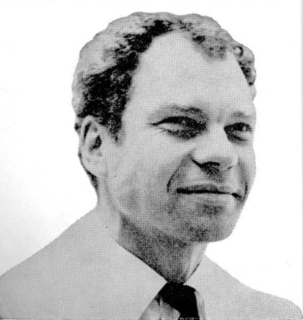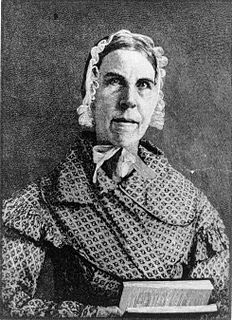A Quote by Charles Williams
An hour's conversation on literature between two ardent minds with a common devotion to a neglected poet is a miraculous road to intimacy.
Quote Topics
Related Quotes
You can see the diversity that pieces in the anthology represent, and then the interconnections-obvious and less obvious-between various stories or between various modes of storytelling. Diversity generates need for conversation, conversation generates common interests, as well as differences. Literature, as a human project, is all about that.
Love can become devotion. Love is the first step; only then can devotion flower. But for us even love is a faraway reality, sex is the only real thing. Love has two possibilities: either it falls into sex and becomes a bodily thing, or it rises into devotion and becomes a thing of the spirit. Love is just in between. Just below it is the abyss of sex, and beyond it is the open sky - the infinite sky of devotion.




































